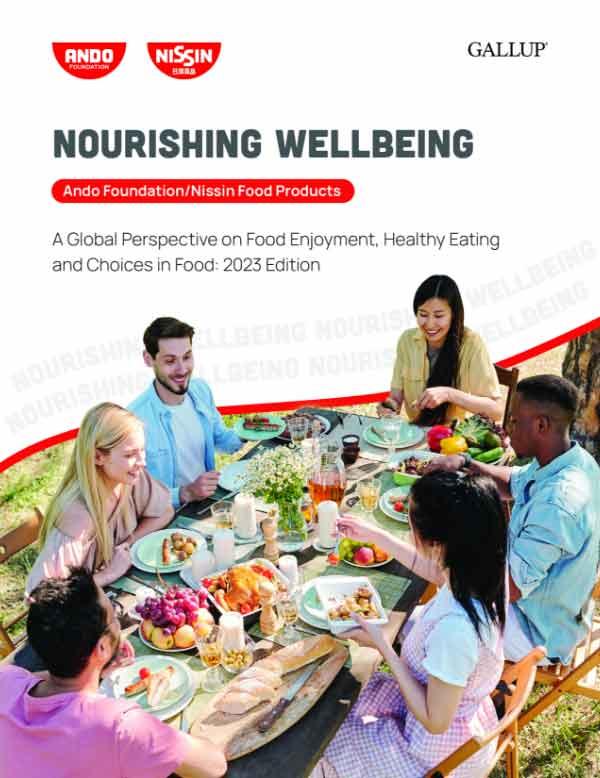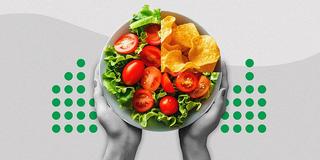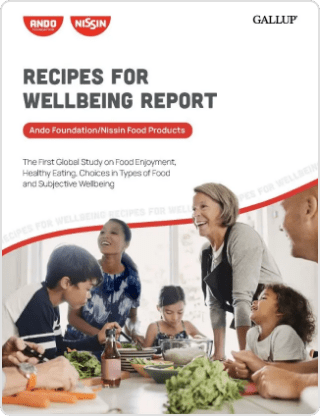This survey was included as a module within the Gallup World Poll in 2022 and 2023. Since 2005, the World Poll has regularly surveyed people in more than 160 countries using mixed methods of telephone and face-to-face interviewing. In a typical year, the poll results represent more than 95% of the world’s population aged 15 and older, using randomly selected, nationally representative samples.
The questionnaire was translated into the major conversational languages of each country and area (autonomous or semi-autonomous regions or territories that are not recognized as sovereign states). The survey was originally developed in English. From this starting point, Gallup translators produced several master-language questionnaires in French, Spanish, Portuguese, Russian and Arabic (using one of two translation methods, as deemed appropriate by the Gallup World Poll Regional Directors). Then, local language translations were performed from the master-language version. For example, the Russian master-language questionnaire was created first (translation from English to Russian), then translated from Russian into other languages such as Ukrainian, Kyrgyz and Uzbek.
In 2023, most Gallup World Poll samples were probability-based -- meaning respondents were selected randomly -- and nationally representative of the aged 15 and older population. As all eligible landline exchanges and valid mobile service providers were included, the coverage area is an entire country, including rural areas. The sampling frame represents adults aged 15 and older with access to a phone (either landline or mobile). Gallup used random-digit dialing (RDD) or a nationally representative list of phone numbers. In some countries, Gallup collected data using computer-assisted web interviewing (CAWI). In 26 countries, only a fraction (around 20%) of all interviews were completed online. This hybrid approach was employed in countries where Gallup traditionally interviews by telephone and where internet access is very high. China was the only country where CAWI was the sole mode of data collection.
As is the case with Gallup World Poll surveys more generally, response rates for this survey varied considerably across countries. In general, response rates are lower in countries where interviewing is conducted by telephone than in-person countries, though in many countries and territories where telephone interviewing is used, response rates are comparable to those of other polling firms. The Gallup World Poll does not publish individual country response rates. Data weighting is also used to minimize bias in survey estimates and is intended for use in generating nationally representative estimates within a country. The weighting procedure was formulated based on the sample design and performed in multiple stages.





